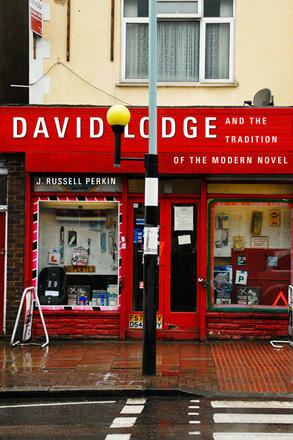
David Lodge and the Tradition of the Modern Novel
Description
David Lodge is a much-loved novelist and influential literary critic. Examining his career from his earliest publications in the late 1950s to his more recent works, David Lodge and the Tradition of the Modern Novel identifies Lodge's central place within the canon of twentieth-century British literature. J. Russell Perkin argues that liberalism is the defining feature of Lodge's identity as a novelist, critic, and Roman Catholic intellectual, and demonstrates that Graham Greene, James Joyce, Kingsley Amis, Henry James, and H.G. Wells are the key influences on Lodge's fiction. Perkin also considers Lodge's relationship to contemporary British novelists, including Hilary Mantel, Julian Barnes, and Monica Ali. In a study that is both theoretically informed and accessible to the general reader, Perkin shows that Lodge's work is shaped by the dialectic of modernism and the realist tradition. Through an approach that draws on diverse theories of literary influence and history, David Lodge and the Tradition of the Modern Novel provides the most thorough treatment of the novelist's career to date.
Reviews
“A wonderful study of Lodge that also makes valuable observations about twentieth-century British literature.” Brian Diemert, Department of English, Brescia University College at the University of Western Ontario
"Perkin seeks out not only ways in which particular authors have influenced Lodge but, as well, ways in which Lodge has sought to distinguish himself and to find his own voice. [He] succeeds in producing a book of literary criticism that is accessible to
"David Lodge and the Tradition of the Modern Novel demonstrates the virtues of careful scholarship, lucidity, and intelligence. Perkin has produced an exemplary book that provides a knowledgeable, enjoyable, and thorough introduction to Lodge’s work." All